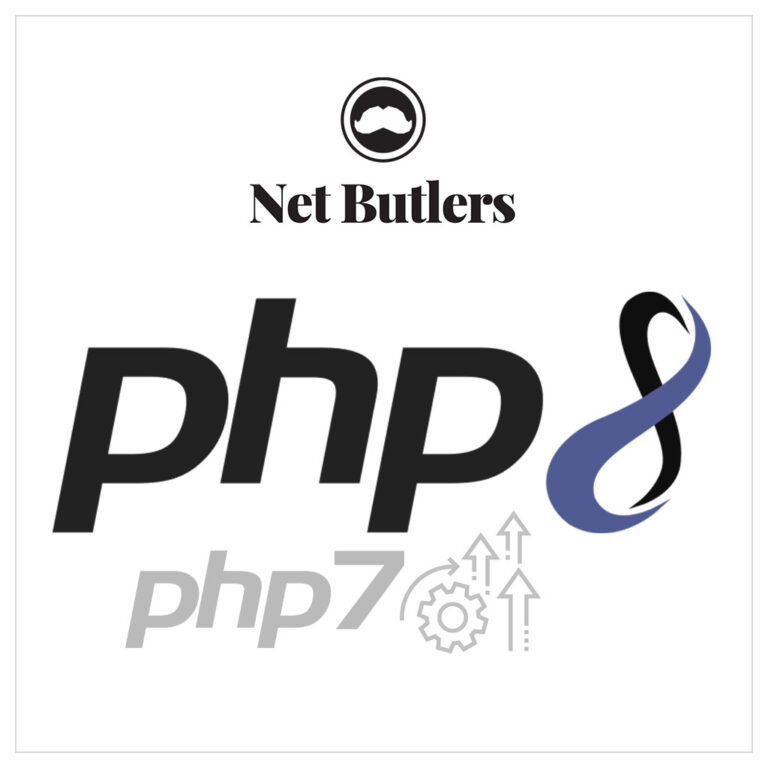5 Dangerous Risks of Not Upgrading Your WordPress
Older versions of PHP are more likely to have security vulnerabilities, which hackers could (and eventually will if you don’t update) exploit. Additionally, older versions of PHP may not support newer features and functionality, which could limit the capabilities of your website and cause it to break.

Did you know that as of November 28, 2022
- PHP 7.4 reached its end-of-life date? “End-of-life date” means that PHP 7.4 no longer receives critical support like security patches, bug fixes, or updates from the community.
With no ongoing support, any WordPress site you have that uses PHP 7.4 is dangerously vulnerable to cyberattacks. Gradually, you’ll also notice more performance issues, compatibility issues, and limited access to new features.
You don’t want to get left behind, so what do you do? It’s time to upgrade to PHP 8.
Why does PHP need to be updated?
PHP 8, starting from PHP 8.0 with its Just-In-Time (JIT) compiler, delivers remarkable performance improvements compared to PHP 7. Applications run faster, consume fewer server resources, and handle more traffic without costly hardware upgrades.
Is it safe to update PHP in WordPress?
To keep up with evolving PHP, WordPress needs to maintain compatibility with the latest PHP versions, and it does. Upgrading PHP is highly recommended for security and performance benefits. However, the main issues while upgrading your PHP version are compatibility issues with older themes and plugins.
What is the major difference between PHP 7 and 8?
With the previous PHP 7 version, it was difficult to run different activities. PHP 8 has completely solved this problem. As it allows seamless execution of different tasks at a time. Developers can access the database, networking, I/O operations, and set timers at the same time without any interruptions.
What version of PHP is recommended for WordPress 2024?
PHP 8.3 is the latest stable PHP version, bringing typed class constants, Granular DateTime Exceptions, fallback value support for PHP INI Environment Variable syntax, and more.
Talk to Your Net Butler About Updating to PHP 8
PHP 8 brings powerful tools like named arguments, union types, match expressions, and read-only properties that reduce boilerplate and make code easier to write, read, and maintain. Upgrading means working smarter, not harder.
Adopting a supported PHP version today sets you up for long-term success. It ensures compatibility with new libraries, frameworks, and hosting environments increasingly requiring PHP 8.4. Moreover, by contributing to the gradual reduction of PHP 7 instances globally, you help create a healthier and more unified PHP ecosystem.
